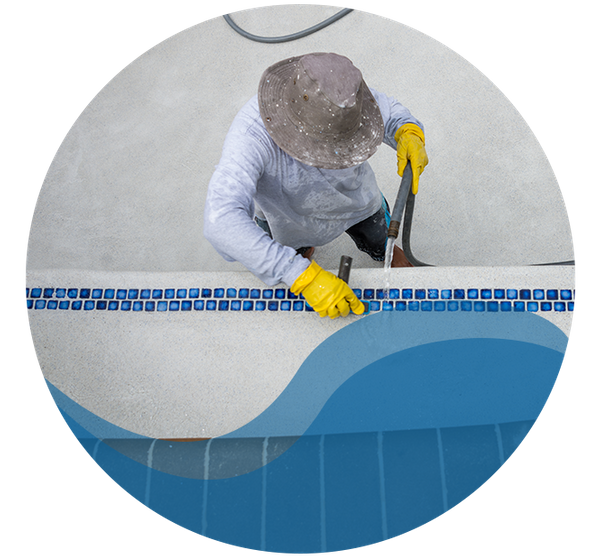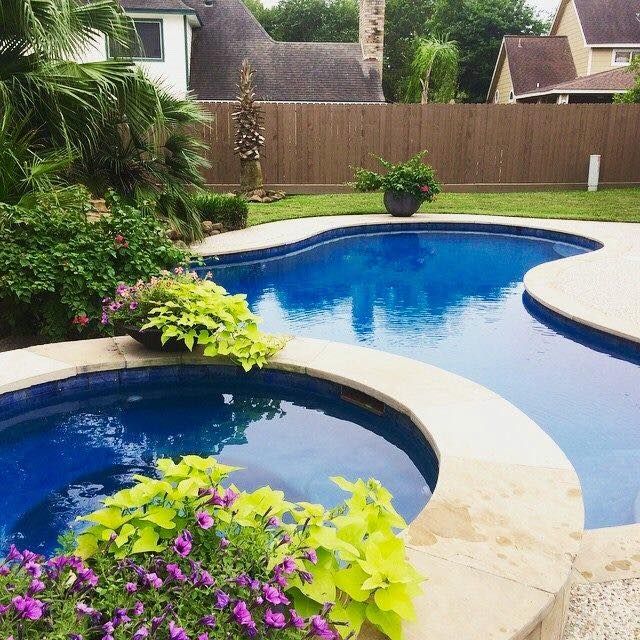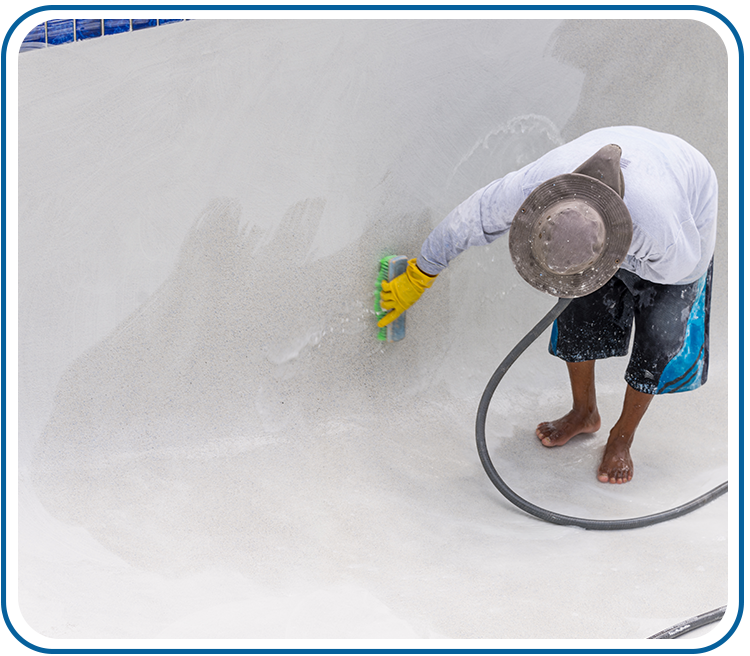The Replaster Process
Know What to Expect During Your Pool Replastering in Houston
Keep Your Pool in Top Condition With Pool Replastering
Over time, the water-tight seal on your pool can start to break and crack, putting your entire pool at risk for damage and other problems. When that happens, it’s time to contact the pool replastering experts at Express Pool Plastering & Repairs in Houston. Learn more about the replaster process and contact our team to get a free quote on your replastering or repair project.
Strengthen
Enhance
Repair
Enjoy
Understanding the Process
When it comes to your pool, don’t put off your repairs any longer! Instead, trust the experts to replaster and repair your pool so you can get back to lounging in the sun. Learn more about what you can expect when you hire us to replaster or remodel your pool.
As part of our process, any other work to be done on the pool, including tile or equipment that is listed on your contract, will be done prior to the pool being plastered. Usually, the pool will be plastered within 48 hours of the completion of the pre plaster inspection. For more information about our process, don’t hesitate to contact our team at Express Pool Plastering & Repairs.
Now Your Pool Is Ready for Start-Up!
All material and labor provided by Express Pool Plastering & Repairs come with a two-year warranty on standard white plaster, a five-year applicator warranty on quartz, and a seven-year applicator’s warranty on pebble finishes. The warranty covers any defect of materials or workmanship (pop-ups or cracks) from the date the work was completed to the end of the warranty period and guarantees that plaster will be watertight and not peel, blister, or delaminate — provided that the pool structure remains sound.
Express Pool Plastering & Repairs in Houston is not responsible for damage to the surface caused by existing pool defects (weep holes & leakers), acts of God (serious and unforeseen weather conditions following completion of work), improper filling procedures, improper start-ups, or third party work. We will also provide pool owner-specific written instructions regarding pool startup and filling procedures to ensure that appropriate curing of plaster occurs and that the warranty is not voided.
Ready to get started with the pool plastering process? Contact Express Pool Plastering & Repairs today and we can get started on a free quote.



